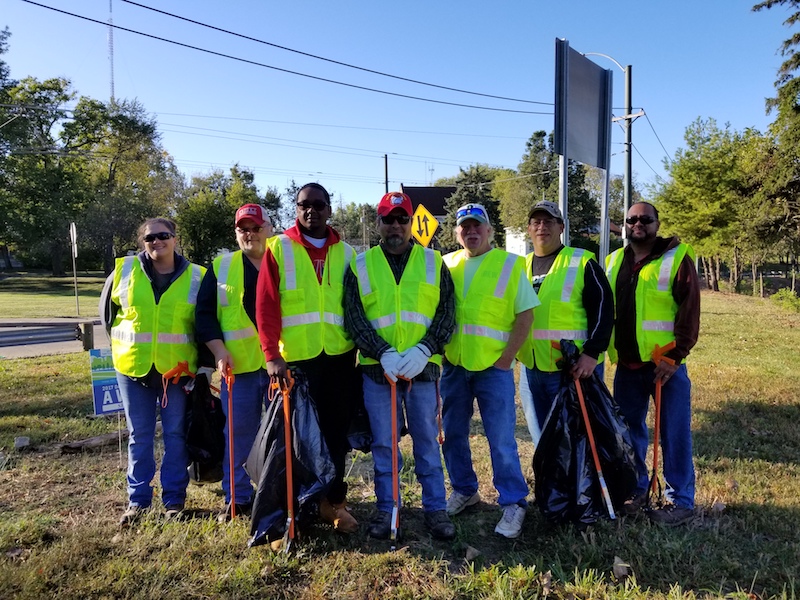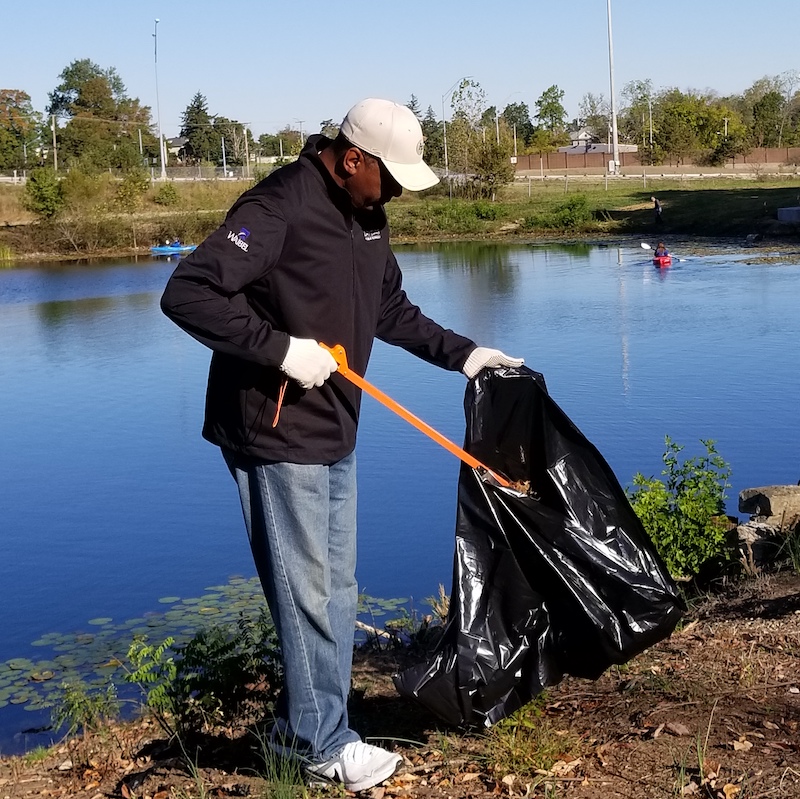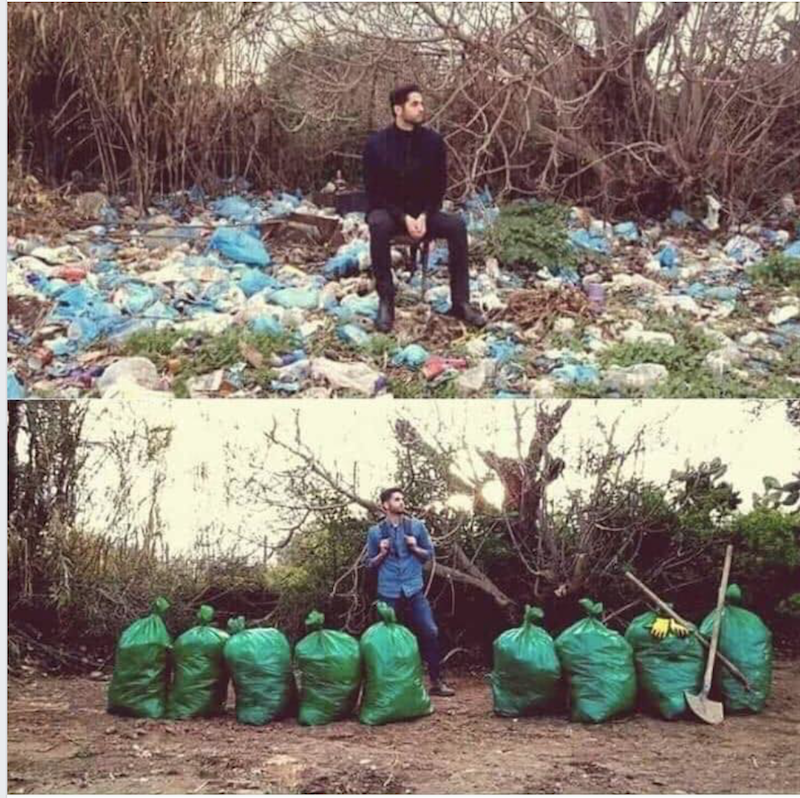Over 40 percent of Americans said they’ve littered at least once, according to Credit Donkey.
Are you one of them?
Before answering, think back. Have you ever flicked a cigarette butt out the window, lost track of a cough-drop wrapper while in your treestand, or forgotten to pick up a napkin that fell from your car?
Even when accidental, those examples are littering. And no matter how small the item, it adds up. Credit Donkey estimates that Americans generate over 250 million tons of trash annually. When discarded carelessly, trash can hurt birds, plants, animals and people.
Birds and mammals often eat – or get trapped in – wire, rope, plastic and other debris, which can cause death and prolonged suffering. Litter can also contaminate soil and water because tires, plastics, batteries and other items leak toxic chemicals onto the landscape. Besides, littering is illegal.
As responsible outdoorsmen and women, it’s our job to protect the planet, be good stewards of the land, and clean up the environment – even if we didn’t trash it.

Volunteers work to make the lake a healthier environment for wildlife. They also built a fishing peer on this lake. Photo Credit: Union Sportsmen’s Alliance
Scott Vance is CEO and executive director of the Union Sportsmen’s Alliance, a nonprofit conservation organization that restores parks, provides mentoring programs for youths, conserves and maintains critical wildlife habitats, and expands and improves public access to the outdoors. Their work includes clean-up projects on public lands and waters.
Vance said trash poses significant threats to wildlife and wild lands, and said we must work to reduce the problems.
“It’s our responsibility to leave the land better than we found it,” Vance said. “If that means cleaning up trash others leave behind, then that’s what we should do. We should always strive to be ethical users of the resource and conservation stewards. Remember that we’re only borrowing the land from future generations.”
Clean-up efforts create a cleaner world and cast hunters in a positive light.
“Hunters are often misrepresented and not accurately portrayed in the media,” Vance said. “By going the extra mile and doing what’s right all the time, we can change that public perception and give hunters the recognition they deserve as America’s true conservationists.”

Check with your state wildlife agencies to see what events they offer. Photo Credit: Union Sportsmen’s Alliance
Volunteer projects through the Union Sportsmen’s Alliance are open to everyone. Many sportsmen’s organizations and state wildlife agencies also conduct clean-up projects. Many groups don’t publicize their work, so contact them or visit their website to learn about upcoming events.
Meanwhile, you don’t need to participate in organized events to do your part. Make it your mission to pick up trash while scouting or hunting. Better yet, organize a clean-up project. Invite hunting buddies and family members to pick up trash at parks and public properties. Bring trash bags and water bottles, and compete to see who collects the most garbage.

The “Trashtag Challenge” resurfaced again when Byron Román encouraged teens to get involved in the clean up. Photo Credit: Byron Román Facebook
Celebrate your efforts on social media by posting photos of trash you collect. Your work might encourage others to take action.
That’s how the “Trashtag Challenge” started. This effort prompts people worldwide to get outside and clean up the landscape. The challenge started in 2015, according to Forbes, but resurfaced in March when Byron Román posted a picture asking “bored teens” to clean up their communities, and post before-and-after photos to document their work.
Whether you pick up trash during a challenge, or because you want to rid wild places of trash and litter, every bit helps. It’s a great way for bowhunters to show they care about wildlife and the environment.